Disruption of mucosal-microbiome interactions
Research Theme 4
About
The study of host-pathogen interactions has significantly advanced our understanding of bacterial virulence, infection and the host immune response.1Duvallet C et al., Meta-analysis of gut microbiome studies identifies disease-specific and shared responses. Nat Commun, 2017 8:17842Diard M et al., Evolution of bacterial virulence. FEMS Microbiol Rev, 2017 41:679-697 However, until recently these studies have largely ignored the role of the resident microbiome.3Schnupf P et al., Modulation of the gut microbiota to improve innate resistance. Curr Opin Immunol, 2018 54:137-1444Li Z et al., Effects of Metabolites Derived From Gut Microbiota and Hosts on Pathogens. Front Cell Infect Microbiol, 2018 8:314.5Cheng HY et al., Interactions Between the Gut Microbiota and the Host Innate Immune Response Against Pathogens. Front Immunol, 2019 10:607.
Although the commensal microbiome is known to provide some protection against infection by mucosal pathogens, we know little about the interactions between pathogens, the specific elements of the microbiome and the innate immune response at mucosal surfaces.
We will investigate how the mucosa and microbiome communities respond to disruption by pathogen infection and antibiotic treatment and map the mechanisms underlying infection resistance, tissue repair and ongoing inflammation, as well as identify potentially protective human microbiome communities and isolates.
4.1
Host innate immune responses during mucosal barrier disruption
We will determine the influence of acute and prolonged pathogen infection on innate immune signalling, mucosal barrier disruption and cellular repair in the presence of a defined microbiome. In addition, we will assess the impact of antibiotic treatment, with and without pathogen infection, on the host innate response and tissue repair signalling pathways.
4.2
Microbiome changes in response to mucosal barrier disruption
Metagenomic, meta-transcriptomic metabolomics and computational models and measurements will be applied to examine microbiome health in response to infection, antibiotic treatment or both.
4.3
Validation of host pathways that aid infection resistance and tissue recovery
To confirm the involvement of host signalling pathways in maintaining microbiome balance and resistance to infection, we will use CRISPR systems to knockout relevant genes in human iPSC and reconstruct the tissue models and confirm the relevance of the pathways to microbiome-pathogen/drug-host interactions.
Outcome
These experiments will determine the extent to which the human microbiome impacts innate immune responses to pathogen infection and modifies host-pathogen interactions. The work has the potential to identify microbiome communities/isolates that provide protection against pathogen infection at mucosal sites. In addition, we will determine if and how antibiotic treatment, and ensuing disruption of the microbiome, influences innate mucosal responses and the impact of pathogen/antibiotic exposure on microbiome communities. From this, we will be able to identify resilient microbiome communities/isolates that withstand mucosal disruption and determine whether these communities/isolates influence the host response positively or negatively.
Our Research Themes
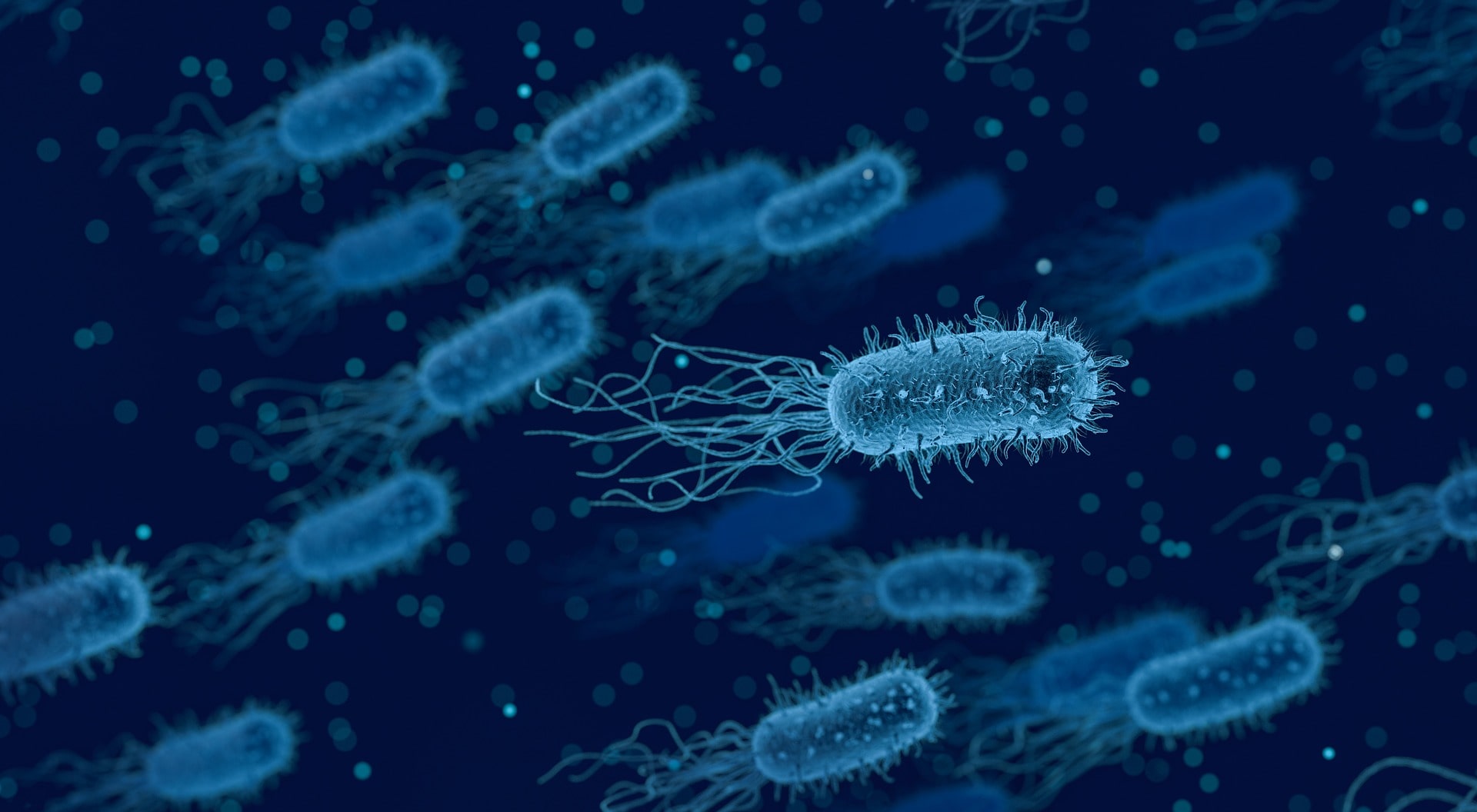
Innate immune sensing of the human intestinal microbiome
Theme 1
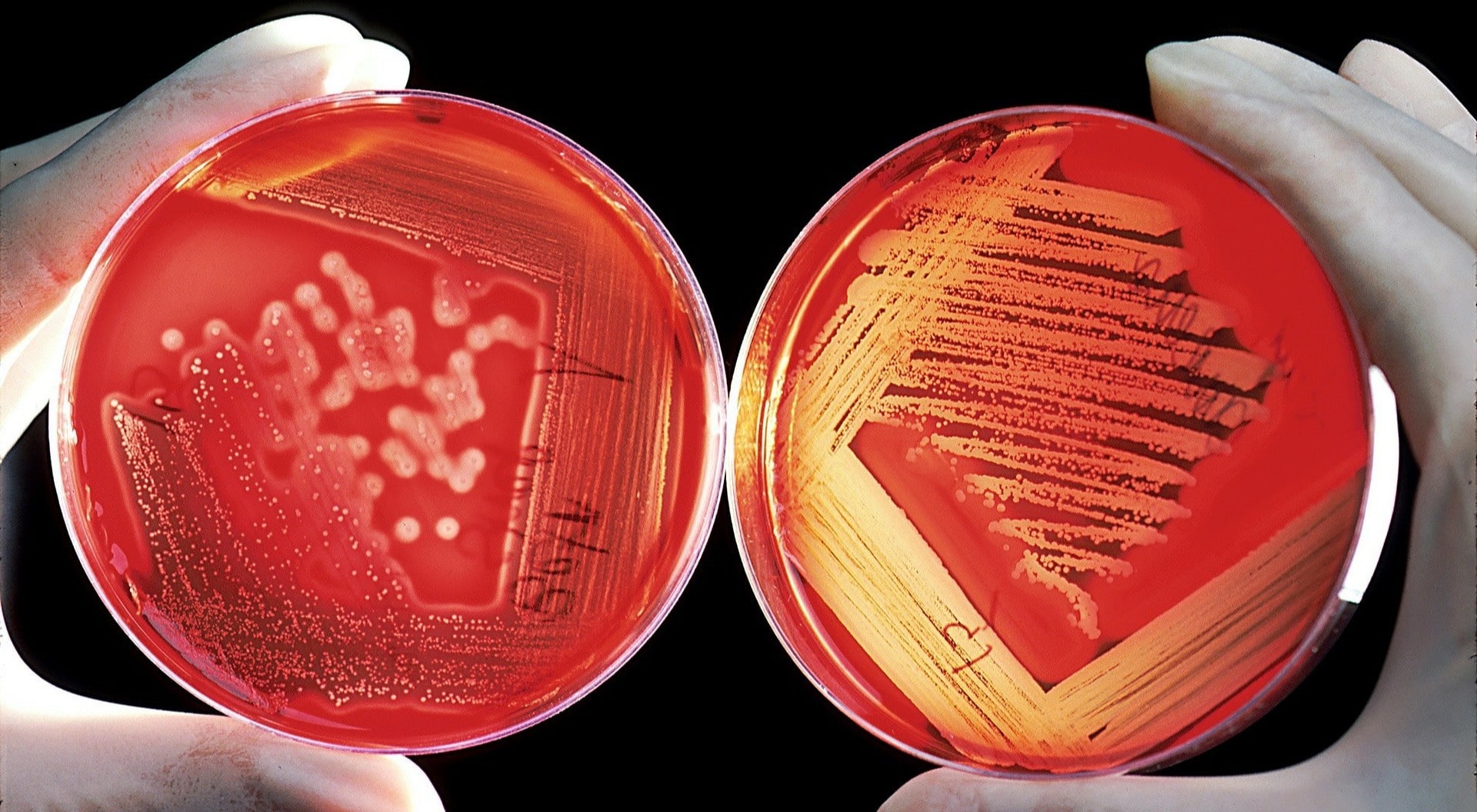
Innate immune shaping of the intestinal microbiome
Theme 2
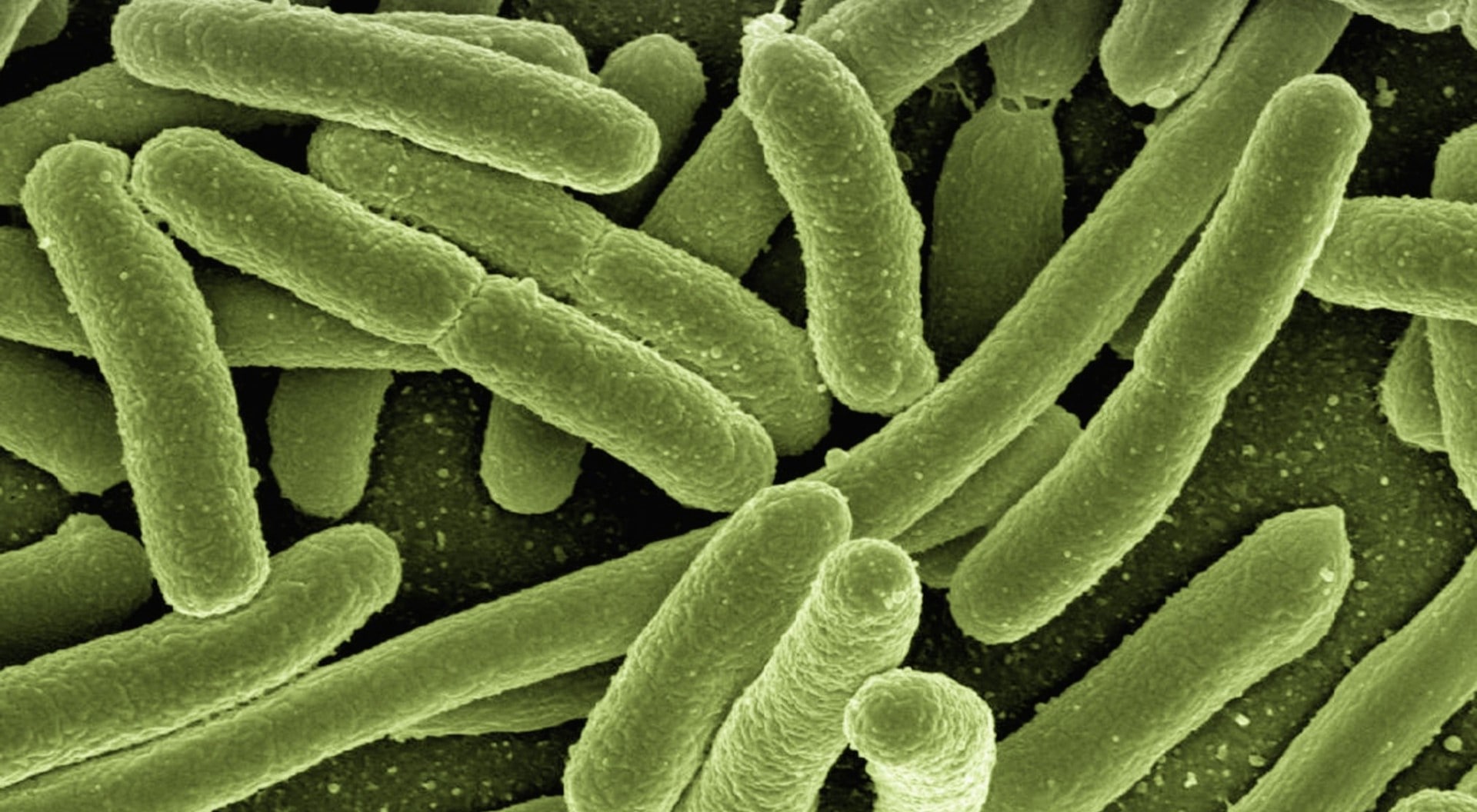
Tissue specificity in mucosal-microbiome interactions
Theme 3
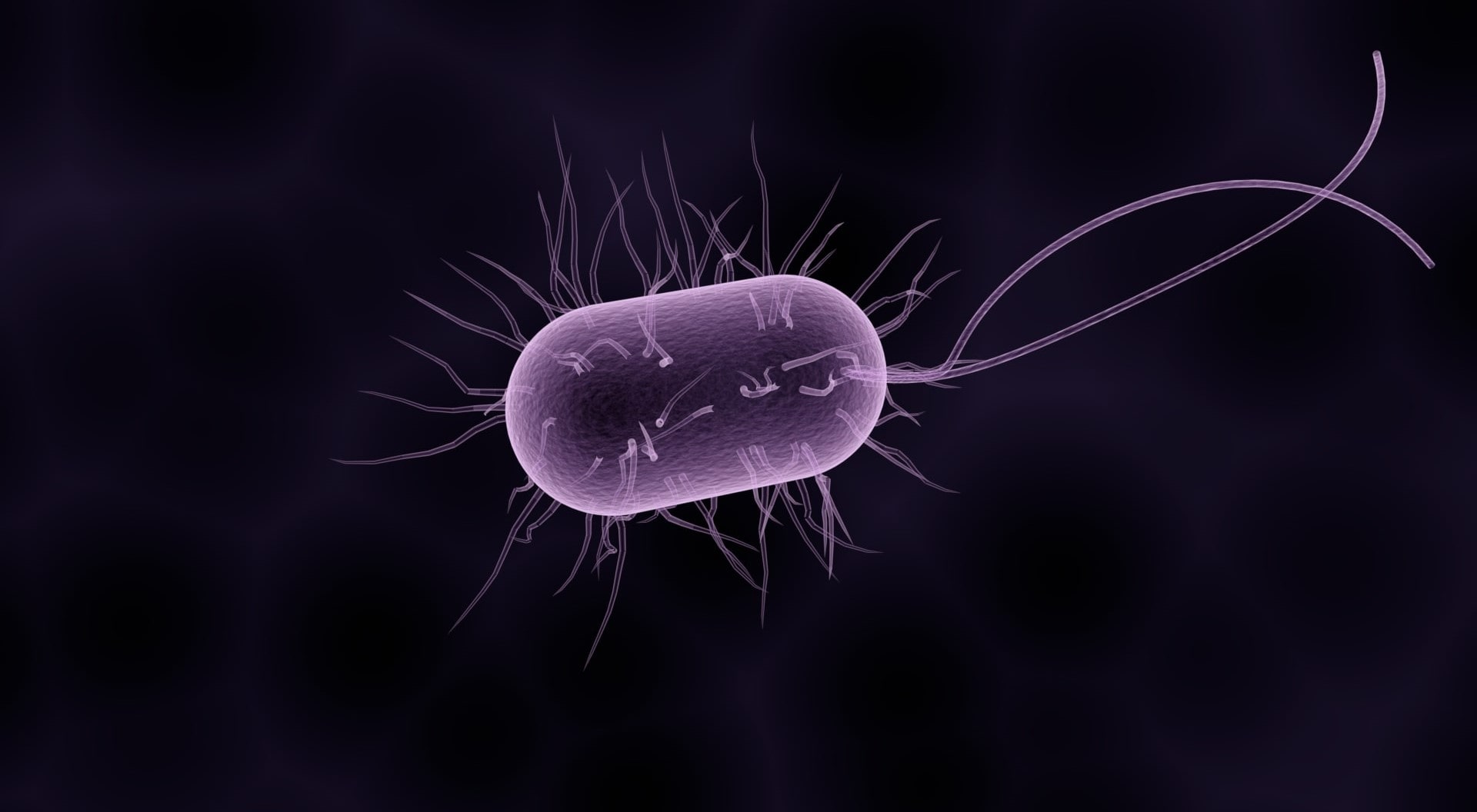
Disruption of mucosal-microbiome interactions
Theme 4
Get the latest updates
Subscribe to our mailing list to keep up to date with the latest news from Synnate
